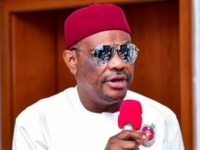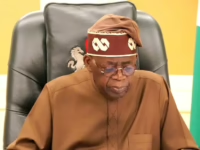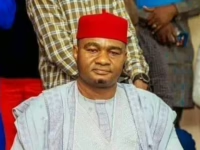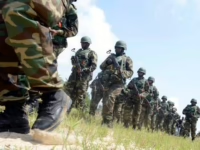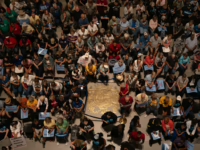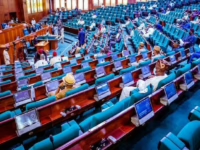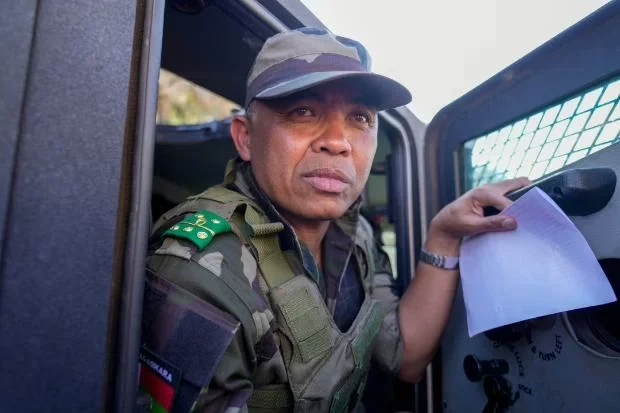This week marked a significant upheaval in Madagascar’s political arena as Colonel Michael Randrianirina, aged 51 and leader of the elite CAPSAT unit, was officially instated as president following a military takeover that compelled President Andry Rajoelina to leave the country.
The inauguration took place on Friday, October 17, 2025, at the High Constitutional Court in Antananarivo, drawing intense global scrutiny and sparking debates about the future of democracy on the island.
The turmoil began with widespread protests led predominantly by young people starting September 25, fueled by long-standing grievances over persistent shortages of electricity and clean water. The demonstrations escalated into violence, with the United Nations reporting at least 22 fatalities and over 100 wounded. While security forces initially responded with force, CAPSAT defied orders to suppress the protesters, siding with them instead. This pivotal decision shifted the momentum of the unrest and positioned CAPSAT as a key player in the emerging political framework.
On October 13, President Rajoelina fled Madagascar, citing threats to his safety. In his absence, the National Assembly impeached him on charges of “abandonment of duty,” while the military took control, dissolving major government bodies except for the Assembly itself.
Rajoelina’s exit mirrors previous political exiles in Madagascar’s history, such as those of Didier Ratsiraka in 2002 and Marc Ravalomanana in 2009.
Prior to his official swearing-in, Randrianirina addressed local press, assuring that the new administration would be a hybrid of military and civilian leadership. He committed to holding elections within 18 to 24 months and initiating consultations to select a prime minister through consensus.
“Madagascar is not embracing a military dictatorship. The government is civilian-led, with the presidential council comprising both military and civilian members,” he stated.
Nonetheless, opponents, including supporters of Rajoelina, criticized the constitutional court’s validation of Randrianirina’s presidency, pointing to procedural irregularities and warning that this development could further destabilize the country.
Madagascar has a history of military interventions. Since gaining independence from France in 1960, the nation has undergone three coups, the latest before this year occurring in 2009. This event also places Madagascar among several former French colonies experiencing military rule since 2020, alongside Mali, Burkina Faso, Niger, Gabon, and Guinea.
Despite its rich natural wealth and exceptional biodiversity, Madagascar remains one of the globe’s most impoverished nations, with approximately 80% of its 32 million inhabitants living below the poverty threshold, according to World Bank data.
The international community has expressed alarm over the coup. Both the African Union (AU) and the Southern African Development Community (SADC) have launched fact-finding missions and emphasized the necessity of upholding constitutional governance.
During a visit to Nigeria, French Foreign Minister Jean Noel Barrot highlighted the critical need for full civilian participation in the transitional process and stressed that the aspirations of Madagascar’s youth must be acknowledged to foster a durable and peaceful resolution.
As Madagascar faces this precarious chapter, global observers remain vigilant, eager to see how the new leadership will confront entrenched issues and whether the country can embark on a sustainable path toward stability and democratic rule.






